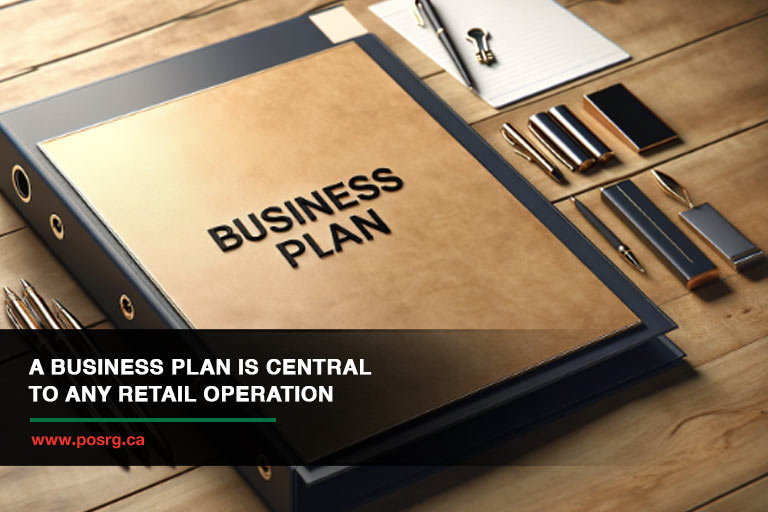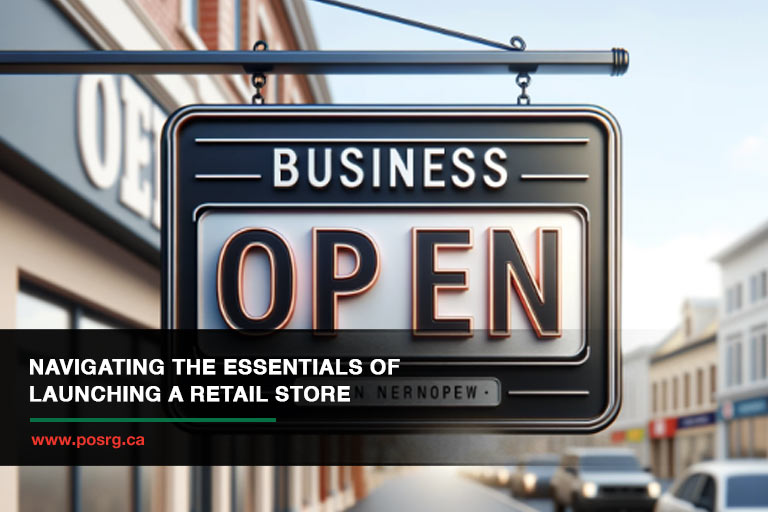Opening a retail store is both excitement and complex. It demands not only passion and creativity but also meticulous planning and strategic foresight. The retail landscape is constantly evolving, influenced by changing consumer behaviours, technological advancements, and economic shifts. Prospective store owners must possess a deep understanding of this dynamic environment to navigate its challenges effectively. Success in retail hinges on the ability to anticipate market trends, adapt to consumer needs, and consistently deliver value.
Here’s a comprehensive retail store startup guide to assist aspiring retail entrepreneurs with the knowledge and tools necessary to turn their vision into a thriving business reality.
- Conduct Market Analysis
Effective retail market analysis is vital in understanding your customer base and the competition. It involves not only basic demographics but also studying psychographics like customer values, hobbies, and lifestyle choices. Utilize tools such as surveys, focus groups, and competitor analysis to gain insights. This research helps in identifying market trends, customer needs, and potential areas for growth or differentiation. Tailoring your offerings based on these findings can significantly enhance customer satisfaction and loyalty, creating a foundation for your retail business.
- Explore Your Options
When considering your retail business model, think beyond traditional formats. E-commerce is rapidly growing, offering opportunities for wider reach and reduced overhead costs. Still, physical stores provide tangible customer experiences that online platforms cannot replicate. Hybrid models, incorporating both physical and online presences, cater to diverse customer preferences and shopping habits. Analyzing your target market’s shopping behaviours and preferences is crucial in determining the right mix for your business. A flexible approach allows you to adapt to market changes and customer expectations.
- Craft a Strategic Business Plan

A comprehensive retail business planning is indispensable for any successful retail endeavour. It should detail your unique selling proposition, market analysis, and competitive strategy. Operational aspects such as staffing, inventory management, and day-to-day operations should be thoroughly planned. Financial planning, such as your budgeting, cash flow management, and pricing strategies, is equally important as it serves as a guide for daily operations and strategic decisions. It also demonstrates your business’s viability to potential investors and partners.
- Pursue Financing Options
Financing options for retail stores can vary widely, each with its own advantages and considerations. Traditional bank loans offer stability but require strong credit and collateral. Angel investors and venture capitalists can provide substantial funding but often seek equity and a say in business decisions. Crowdfunding platforms are a way to raise funds while also marketing your brand and testing product popularity. Personal savings offer full control but involve significant personal risk. Carefully weigh these options, considering your financial situation and risk tolerance.
- Identify Ideal Location
Your retail location strategy can determine your store’s visibility, accessibility, and overall success. High-traffic areas like shopping centres and busy streets are advantageous for foot traffic but can come with higher rent. Conversely, less central locations may be more affordable but require stronger marketing efforts to attract customers. Consider your target market’s characteristics and shopping habits. If your products cater to a specific niche, a location near complementary businesses can be beneficial. Always negotiate lease terms and understand local zoning regulations before finalizing your choice.
- Adhere to Local Regulations
Navigating local laws and regulations is critical. This includes not only securing the necessary permits and licenses but also ensuring compliance with labour laws, tax regulations, and consumer protection standards. Depending on your products, you may also need to comply with industry-specific regulations. Seek legal advice to understand these requirements fully. Compliance safeguards your business against legal issues and builds trust with customers and partners.
- Apply Appropriate Technology
Selecting appropriate retail technology solutions is crucial for efficiency and customer satisfaction. A retail POS System, for instance, streamlines transactions, manages inventory, and provides sales data analytics. E-commerce platforms, if part of your model, should offer an intuitive, secure shopping experience. Customer relationship management (CRM) tools help in personalizing customer interactions and building loyalty. In an increasingly digital world, the right technology stack can give you a competitive edge and improve operational efficiency.
- Design Your Store Layout and Facilities
The layout of your retail store directly impacts customer experience and sales performance. An open, inviting layout with clear signage makes navigation easy and encourages longer visits. Product placement should be strategic, and high-margin or popular items can be placed at eye level or in high-traffic areas. Consider the customer journey through your store, ensuring that it is logical and conducive to shopping. Comfortable, accessible facilities like fitting rooms and restrooms enhance the overall shopping experience.
- Choose the Right Suppliers
Selecting the right suppliers is about more than just cost. Quality, reliability, and alignment with your business values are crucial. Establish strong relationships with suppliers for better negotiation power and potential perks like exclusive products or favourable payment terms. Diversifying your supplier base mitigates risk and ensures a consistent supply chain. Regularly review and assess your suppliers’ performance to ensure they continue to meet your business needs and standards.
- Assemble a Competent Workforce
Your employees are the face of your business. Hiring individuals who not only have the necessary skills but also align with your brand values and culture is crucial. Comprehensive training programs ensure that employees are knowledgeable about your products and can provide exceptional customer service. Encourage a positive work environment where employees feel valued and motivated. Remember, a satisfied employee often translates to a satisfied customer.
- Implement Security Measures

Security in a retail environment is multifaceted. Physical security measures, such as surveillance cameras and alarm systems, deter theft and ensure safety. Equally important is cybersecurity, especially if you manage customer data or operate online. Regularly update your security systems and train staff on security protocols. Proactive security measures protect your assets, staff, customers, and business reputation.
- Develop Effective Marketing Strategies
Developing effective marketing strategies requires understanding your target market and choosing the right channels to reach them. Digital marketing, including social media, email campaigns, and SEO, is crucial in today’s market. Traditional methods like in-store promotions, local advertising, and community engagement still hold value. Tailor your strategies to align with customer preferences and shopping behaviours. Regularly track and analyze the effectiveness of your marketing efforts, adjusting as needed to maximize impact.
Opening a retail store is a multifaceted endeavour that demands diligence, strategic planning, and adaptability. By considering these essential factors, you can establish a solid foundation for a thriving retail business. For expert assistance in implementing a state-of-the-art retail POS system in Canada, contact POSRG Canada at (905) 332-8809 for more information. Your journey towards a successful retail venture starts here.


